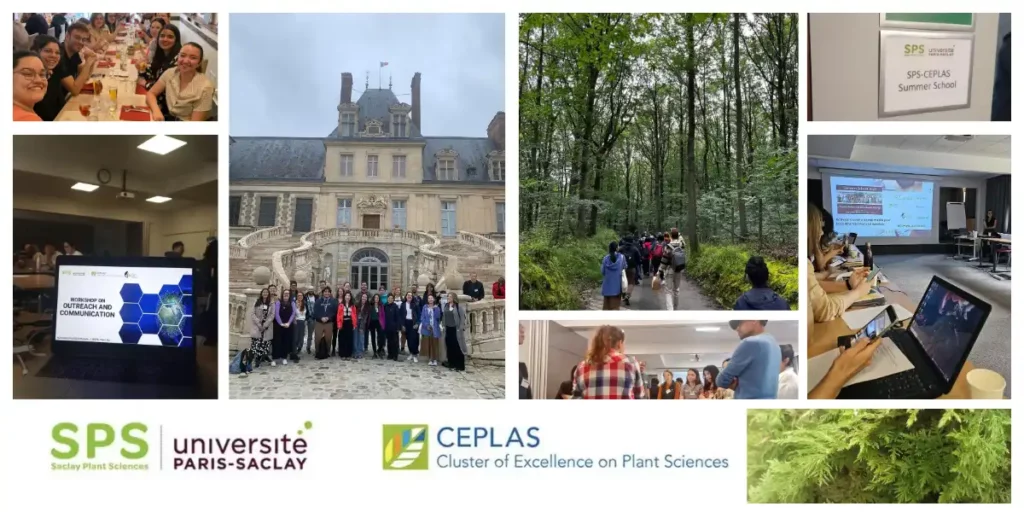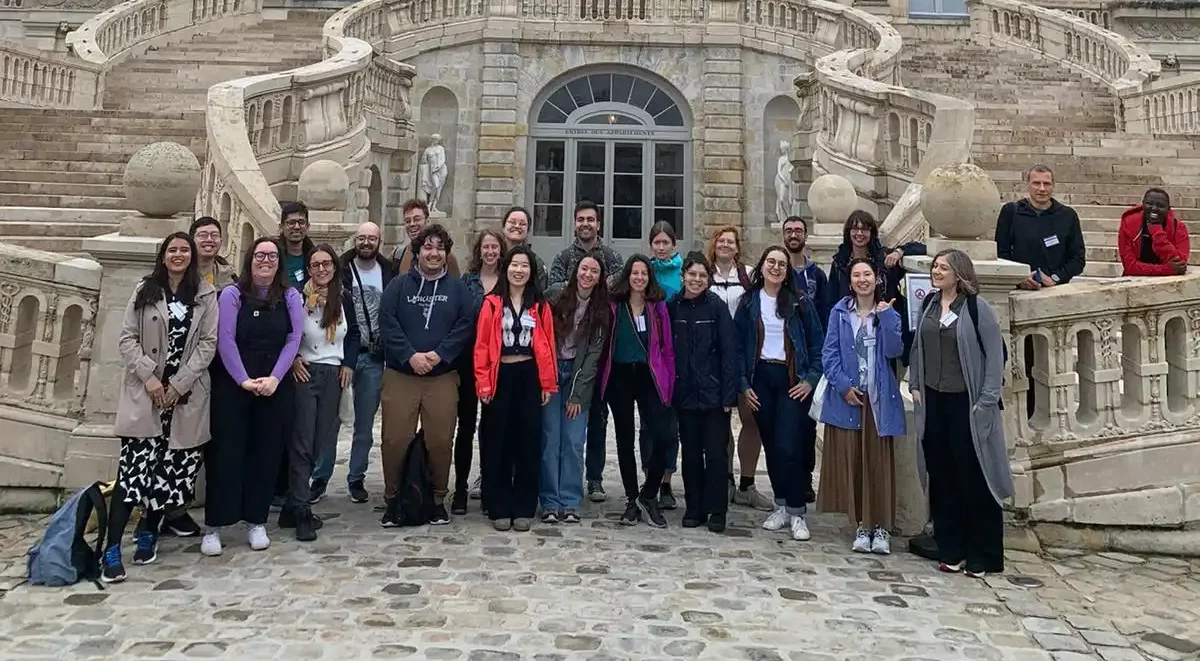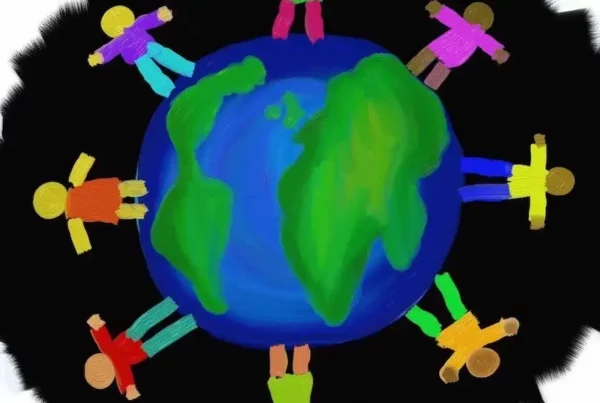by Isabel Mendoza (The Global Plant Council)
The SPS-CEPLAS Summer School 2024, held between the 16th-21st of June in the picturesque Saint-Lambert-des-Bois, France, brought together young scientists and experienced researchers to tackle the pressing challenges posed by climate change by utilizing plant science. I had the privilege of leading a workshop on science communication on behalf of The Global Plant Council, a part of the program that emphasized the importance of conveying complex research to a broader audience effectively.
A Melting Pot of Knowledge
The event was a melting pot of knowledge, with 20 alumni engaging in intensive learning and networking activities. The week kicked off with a series of theoretical modules that delved into critical topics such as greenhouse gas emissions, CO2 sequestration, and plant resilience. These sessions provided a solid foundation of scientific understanding, crucial for addressing climate change through innovative plant science.
Enhancing Communication Skills
During the communication workshop, participants learned ways to make their scientific research more accessible and engaging, including through social media. It was inspiring to see them develop texts that simplified complex topics, ensuring that research could reach and resonate with the general public. The importance of science communication cannot be overstated in today’s world, where misinformation can easily spread, and our session aimed to empower these young scientists to become effective communicators.

Hands-On Experience
The program was not limited to theoretical knowledge. It included interactive workshops and a field visit to the Barbeau forest C-flux tower field station. This visit provided hands-on experience in measuring carbon fluxes, reinforcing the practical applications of the theoretical concepts discussed.
Cultural and Networking Activities
Social activities, such as a cultural excursion to the Palace of Fontainebleau, added a fun dimension to the week. These activities were more than just a break from the academic schedule; they were valuable opportunities for networking and building lasting connections. The informal settings allowed for open discussions and the exchange of ideas, fostering a sense of community among participants.
Participant Experiences
Andrea Alcántara, one of the attendees, shared her excitement about the event, highlighting the inspiring talks and the opportunity to discuss future climate change challenges in agriculture. She emphasized how the workshop on science communication helped her understand the significance of reaching out beyond the scientific community.
Similarly, Amina Ilyas reflected on her experience, noting how the summer school not only broadened her knowledge but also equipped her to take action in shaping a sustainable future. She found the Climate Fresk activity particularly enlightening, as it illustrated the intricate connections within our ecosystem and the impacts of climate change.
Nerea Valdebenito echoed these sentiments, expressing her appreciation for the opportunity to network with global researchers and enhance her communication skills. She found the week to be a fascinating glimpse into how science is conducted worldwide, all aiming to provide solutions to mitigate climate change.
A Collective Effort
The success of the summer school was a collective effort. Special thanks are due to the SPS organizers, particularly Michael Hodges and Marie-Jeanne Sellier. The contributions of expert speakers, including Heribert Hirt, Andreas Weber, Richard Berthome, Fabien Chardon, Jean Colcombet, Anne Krapp, Paul Leadley, Anna Matuszyńska, Benoît Alunni, Sylvie Dinant, Antoine Martin, Hannes Kollist, Philippe Ciais, Amanda Cavanagh, Marina Cotta and others, were invaluable in providing diverse insights and knowledge.
Moving Forward
As the week concluded, there was a palpable sense of empowerment among the participants. They left with not only enhanced scientific knowledge but also the skills to communicate their research effectively and the motivation to contribute to a greener future. The SPS-CEPLAS Summer School 2024 was not just an educational program but an experience that equipped the next generation of scientists to tackle climate change with innovative plant science solutions and effective outreach.
Looking forward, I am excited about the potential of these young researchers to make a significant impact, and we will be publishing their outputsm, here in this blog, soon!
The Global Plant Council is committed to supporting such initiatives that bridge the gap between scientific discovery and societal benefit. Together, we can pave the way for a sustainable future with the help of plant science.






